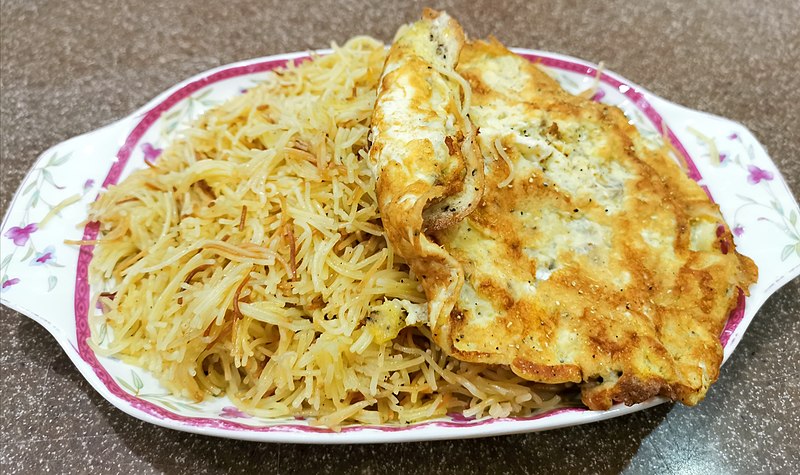Bezar, an All-star Ingredient of Emirati Cuisine
Part of a Rich Culinary Heritage
The United Arab Emirates (UAE), a melting pot of cultures, has a rich culinary heritage that reflects its diverse influences. A key ingredient that has played a significant role in Emirati cuisine is the bezar spice mix. It’s time to delve into the fascinating world of bezar and explore its origins, preparation, and popular uses!
Multicultural Influences
First, it’s essential to understand the UAE’s culinary heritage. As a strategic location on the spice and silk routes, it has been a crossroads for traders from all over the world for centuries. These traders brought with them their unique dishes which have blended seamlessly into Emirati cuisine.
Thus, you will find influences of Turkish, Indian, Mediterranean, Iranian and regional cuisines along with those from the West. When dining at restaurants in Business Bay, Dubai for example, including those at properties like Paramount Hotel Dubai, you can savour such diverse culinary offerings.
The Bezar Spice Mix
A quintessential part of Emirati cuisine, bezar is a fragrant and flavourful blend of spices that originated from these foreign influences. It typically includes a unique mix of ingredients such as cardamom, black pepper, turmeric, cinnamon, coriander, fenugreek, cumin, chilli, garlic, fennel, and star anise. Some variations may also include dried mountain mushrooms from Fujairah.
Preparing Bezar
The preparation of bezar spice can vary from household to household, allowing for a personalised touch. People often choose a “star” spice and adjust the quantity of each ingredient to create their unique flavour profile. The whole spices are washed and dried under the sun to enhance their fragrance before being roasted and ground together. The ground spice is then stored in an airtight container to preserve its flavourful oils.
Popular Dishes

A versatile spice, bezar adds depth to a wide range of Emirati dishes. It is a key ingredient in rice dishes, stews, and even desserts. Some popular culinary creations that feature this spice mix include Machbous, a spiced rice dish with meat or seafood, and stews like Margooga and Saloona. You can also find bezar used when making traditional desserts such as Aseeda, a delicious pudding.
Related posts
Archives
Categories
- Appetizers (26)
- Arab (48)
- Bars (35)
- Burmese (6)
- Café (26)
- Casual Dining (38)
- Chinese (37)
- Coffee House (29)
- Desserts (38)
- Destination Dining (386)
- Diner (28)
- Family Restaurants (71)
- Fast Food (65)
- Fine Dining (524)
- Food Facts (224)
- Healthy Food (108)
- Hong Kong (10)
- Indonesian (15)
- Italian (2)
- Japanese (17)
- Main Dishes (63)
- Maldivian (73)
- Miscellaneous (8)
- Miscellaneous Topics (395)
- Palate (68)
- Recipes (95)
- Restaurants (206)
- Sea Food (99)
- Singaporean (34)
- Sri Lankan (62)
- Steaks & Grill (70)
- Street Food Stalls (152)
- Thai (94)
- Types of Cuisines (120)
- Vegan (63)
- Vegetarian (10)
- Vegeterian (39)
- Vietnamese (22)
- Western (11)
